What Is a Serrano? A Pepper That Packs a Punch Without Stepping on Your Toe
Serrano peppers, or as I like to call them, the “gateway drug” of spicy food, are tiny but mighty. If jalapeños are your best friend from college, serranos are that friend’s slightly wilder younger sibling who shows up with a tattoo and an Instagram account.
So… What Exactly Is a Serrano?
A serrano pepper is a type of chili pepper native to Mexico, named after the Spanish word for “mountain dweller.” Why? Because they originally came from mountainous regions like Puebla and Hidalgo. These little guys grow straight off the plant—unlike their cousins like the jalapeño, which droop—and have a thin, waxy skin that makes them ideal for fresh eating, roasting, pickling, and even drying.
| Pepper | Heat Level (SHU) | Flavor Profile | Best Use |
|---|---|---|---|
| Serrano | 10,000–23,000 | Grassy, bright, citrusy | Fresh salsas, soups, sauces |
| Jalapeño | 2,500–8,000 | Earthy, smoky | Tacos, nachos, poppers |
| Habanero | 100,000–350,000 | Fruity, floral | Hot sauces, Caribbean dishes |
Visual Guide: Serrano vs. Jalapeño – Spot the Difference!
The Heat Is On: Understanding the Serrano Spice Scale
Serranos range from moderate to quite hot depending on how mature they are. When they’re green, they’re milder and more vegetal. But once they turn red, orange, brown, or even purple, you’re looking at a real spice situation.
- Green Serranos: Crisp, bright, and perfect for everyday use.
- Red/Orange Serranos: Riper = hotter + sweeter. Ideal for bold flavors.
- Brown/Purple Serranos: Maximum heat and complex flavor. Not for the faint of heart!
5 Serrano Secrets Even Chili Pros Forget
- They don’t need much water. Serrano plants are drought-tolerant and love hot climates. Perfect for forgetful gardeners.
- Use the seeds if you want serious heat. Most of the capsaicin is in the placenta and seeds. Remove them for a gentler bite.
- They can be pickled forever and still taste amazing. Like a good friendship, serranos only get better with time (and vinegar).
- Freezing them whole keeps flavor locked in. No need to blanch or peel. Just toss them into a ziplock bag and thank me later.
- Pair with citrus to bring out their zesty side. Lime, lemon, or even grapefruit make serranos sing like a mariachi band at sunset.
How to Cook with Serranos: From Salsas to Stews
Whether you're making breakfast tacos or a midnight snack, here are some ways to show these peppers some love:
- Salsa Verde con Serrano: Blend green tomatoes, raw onions, cilantro, and chopped serranos. Add salt and lime. Boom—you’ve got a crowd pleaser.
- Ranchero Sauce: Roast serranos with garlic and tomatoes, then simmer everything together. Tastes like Sunday mornings and warm memories.
- Spicy Cocktails: Rim your margarita glass with serrano-infused salt. Your friends will never look at happy hour the same way again.
- Egg Dishes: Scrambled eggs with finely chopped serrano = morning upgrade.
Common Mistakes When Handling Serranos (Don’t Be That Guy)
- Touching your eyes after chopping serranos. It sounds obvious, but it happens more than you think. Always wash your hands thoroughly—or wear gloves!
- Overestimating your tolerance. Start small. You can always add more spice, but you can’t take it away once you’ve gone full fire-breathing dragon.
- Not using enough acid. Citrus or vinegar balances the heat beautifully. Think of it like the brakes on a fast car.
Cooking with Kids? Here’s How to Make It Fun & Safe
If you’re introducing kids to serranos, here’s a playful approach:
- Let them choose the color: Red, orange, green—it’s like picking Skittles but spicier.
- Demo slicing vs. dicing: Show how different cuts affect the heat spread in a dish.
- Create a tasting game: Blind taste test with mild, medium, and hot versions. Who dares to try the red one?
Final Thoughts: Don’t Sleep on the Serrano
In a world full of jalapeños and habaneros, the serrano stands tall—not just because of its heat, but because of its versatility and personality. Whether you're grilling, blending, fermenting, or simply snacking, there's no reason not to let this little pepper strut its stuff.
So next time you're at the market and see those shiny green pods staring back at you, don’t just walk past them. Grab a handful. Your taste buds (and maybe your nose) will thank you later.

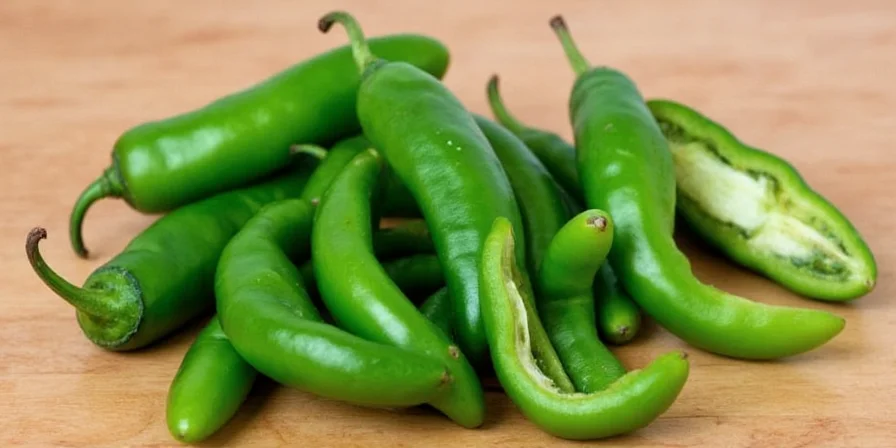

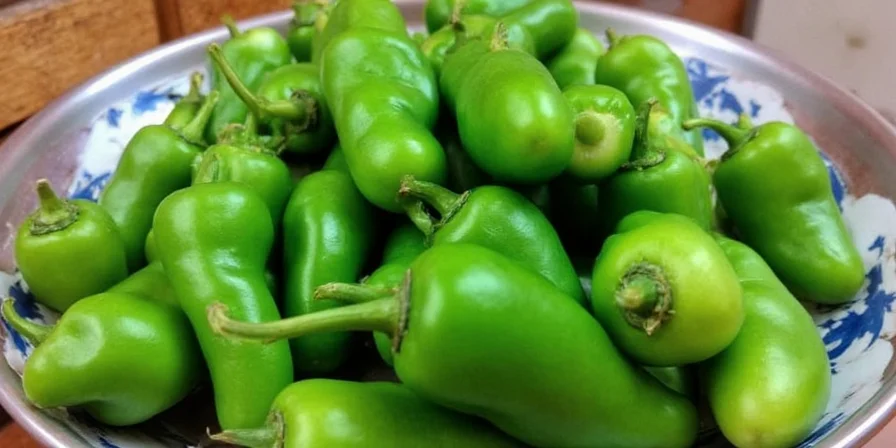
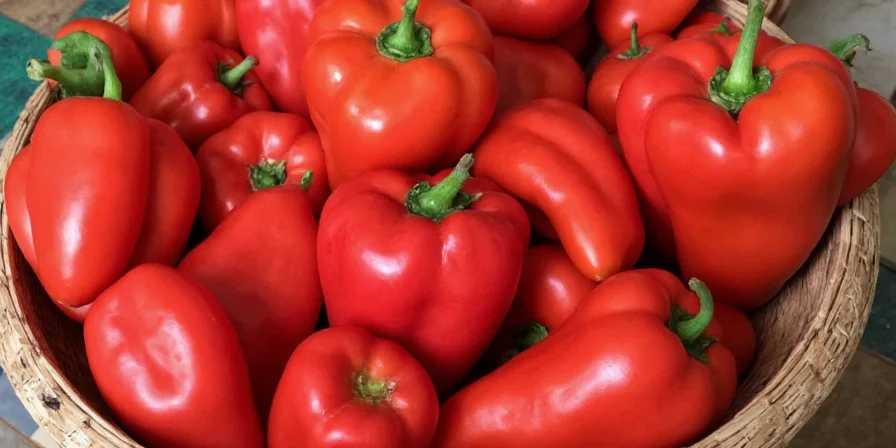
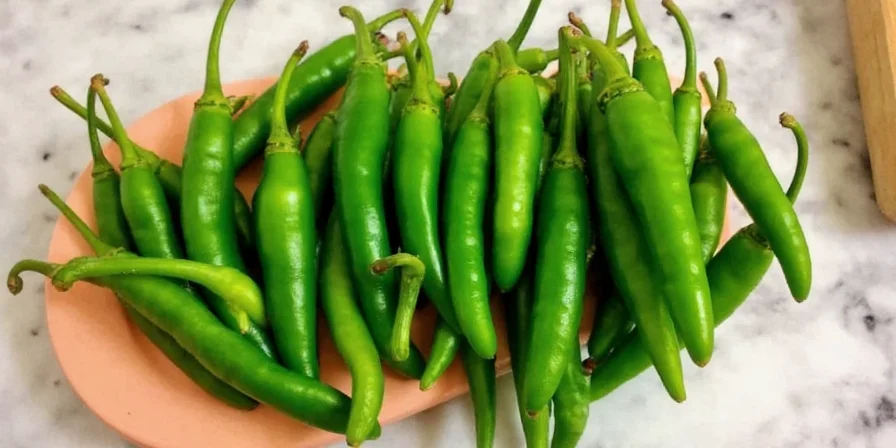
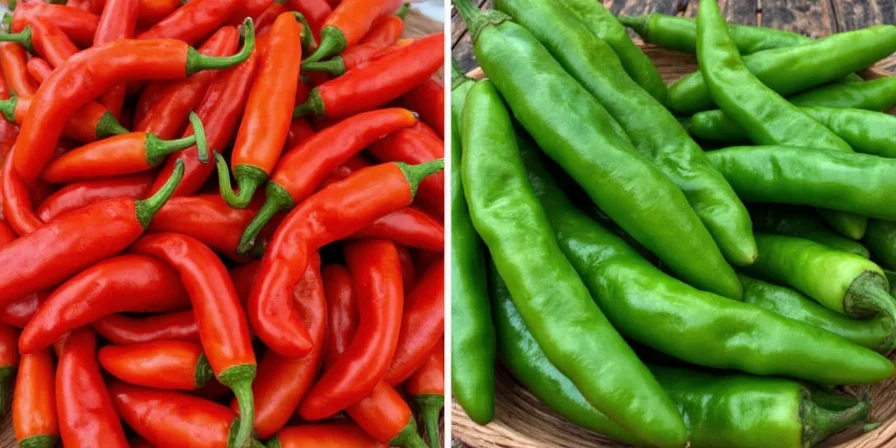









 浙公网安备
33010002000092号
浙公网安备
33010002000092号 浙B2-20120091-4
浙B2-20120091-4